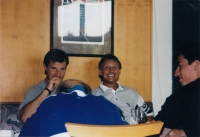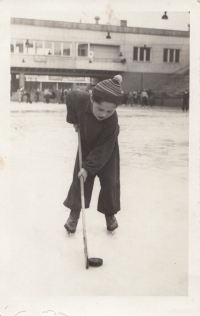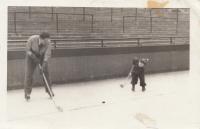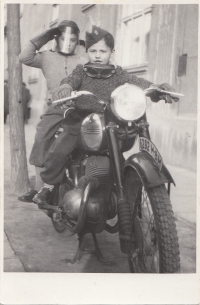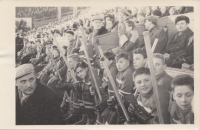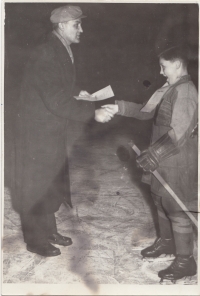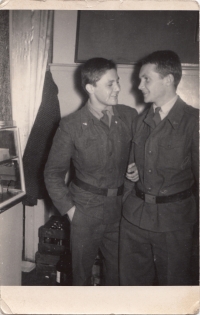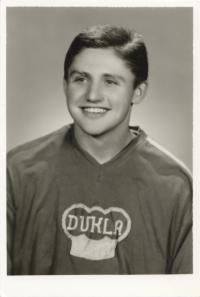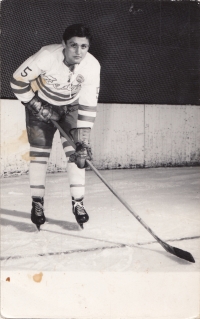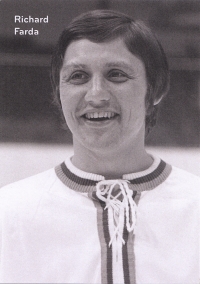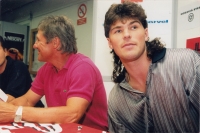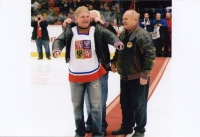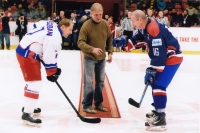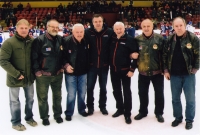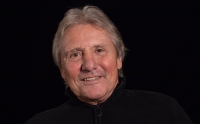Nobody believed that I, the Brno patriot, could stay outside and run away
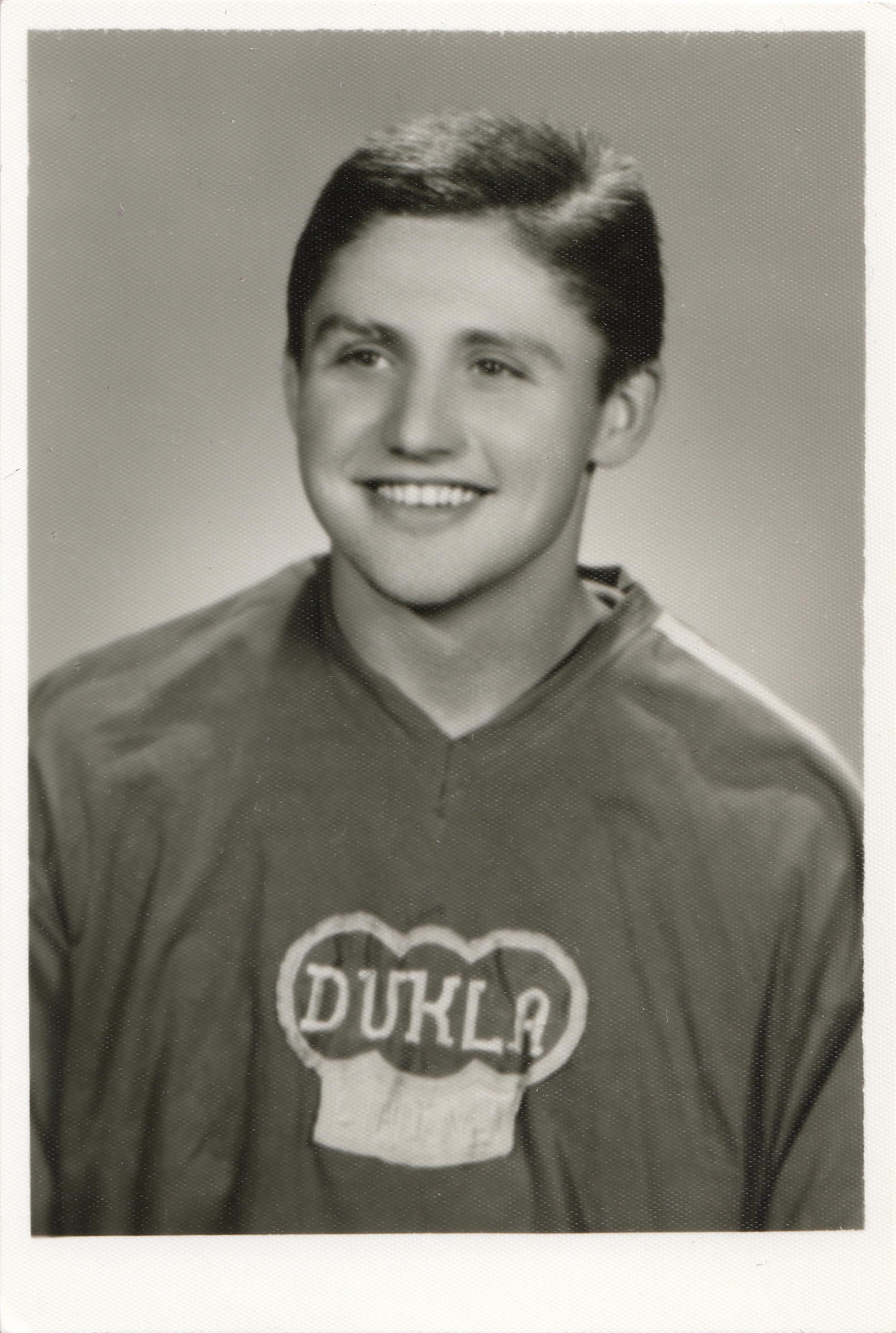
Stáhnout obrázek
Richard Farda is a Czechoslovak hockey player. He was born on November 8, 1945 in Brno, his father was coach Eduard Farda. Thanks to him, Richard began training in the 1950s in Zbrojovka Brno. When he was 15 years old, his father died in a car accident during his return from a league match. A year later, Richard entered the highest hockey competition for the first time. In the last year of high school, he was spotted by the coach Jaroslav Pitner and he persuaded the witness‘s mother to Richard‘s early entry in the military service and thus to engage in a successful team Dukla Jihlava. After returning from the war got offers from the best clubs in Czechoslovakia, but he chose with his heart - ZKL Brno (today Kometa Brno). He had to cope with strong competition, but in the very first year he celebrated ZKL title of the Czechoslovak League. Between 1969 and 1974 he was one of the founders of the Czechoslovak national team, with which he won six World Championship medals, including the title of the Prague Championship, and also holds a bronze medal from the 1972 Winter Olympics in Sapporo, Japan. Richard Farda recalls tense matches with the representation of the Soviet Union after the occupation of 1969, whether it was a legendary victory at the World Cup in Sweden in 1969 or a title from Prague in 1972 when he scored a goal in both matches with the Soviets. In the 1970s, he tried to get an engagement abroad legally; Through Switzerland, Richard Farda and his son and son travelled to North America. He played for three seasons there. At home he was sentenced to 18 months in prison for emigration in absentia. In 1977 he returned to Switzerland, where he played for the local clubs, and later worked as a playing coach. In the 1990s he returned to the Czech Republic for a long time, trained hockey extra-league clubs, and also worked in Italy, Germany and Poland.
